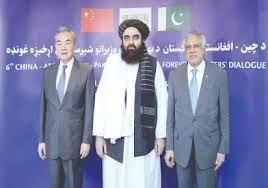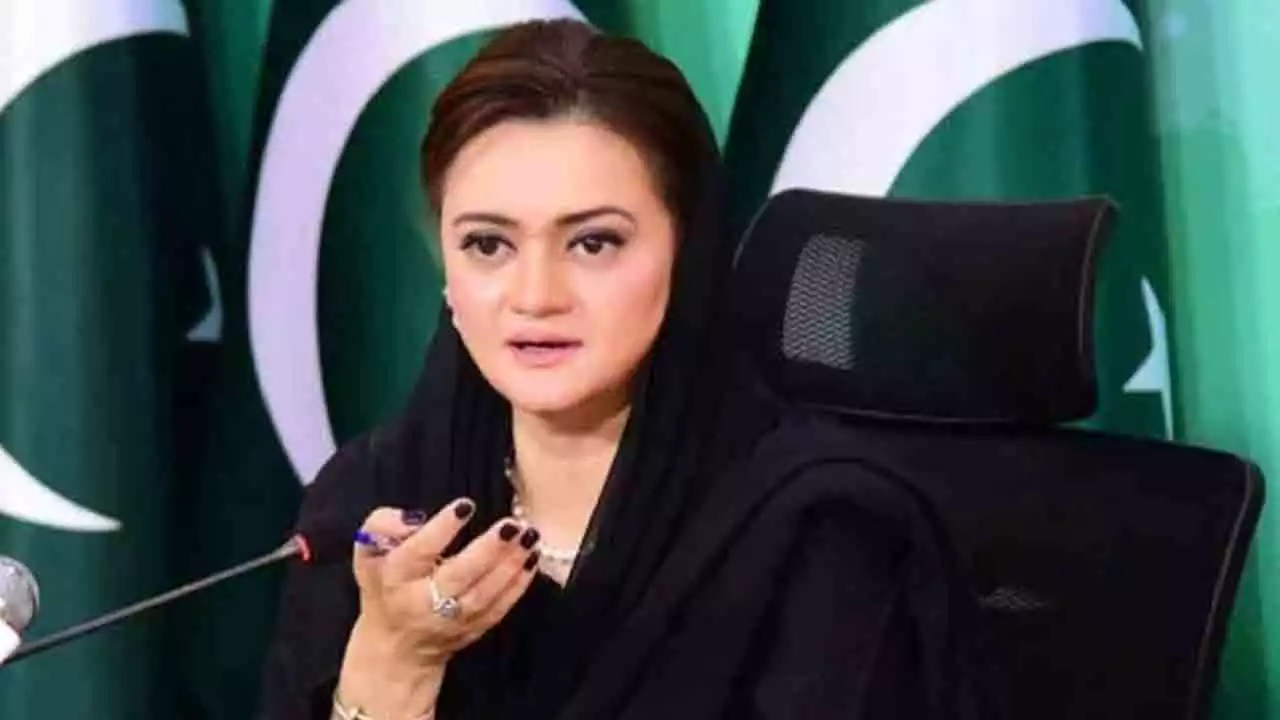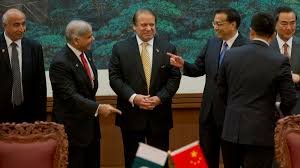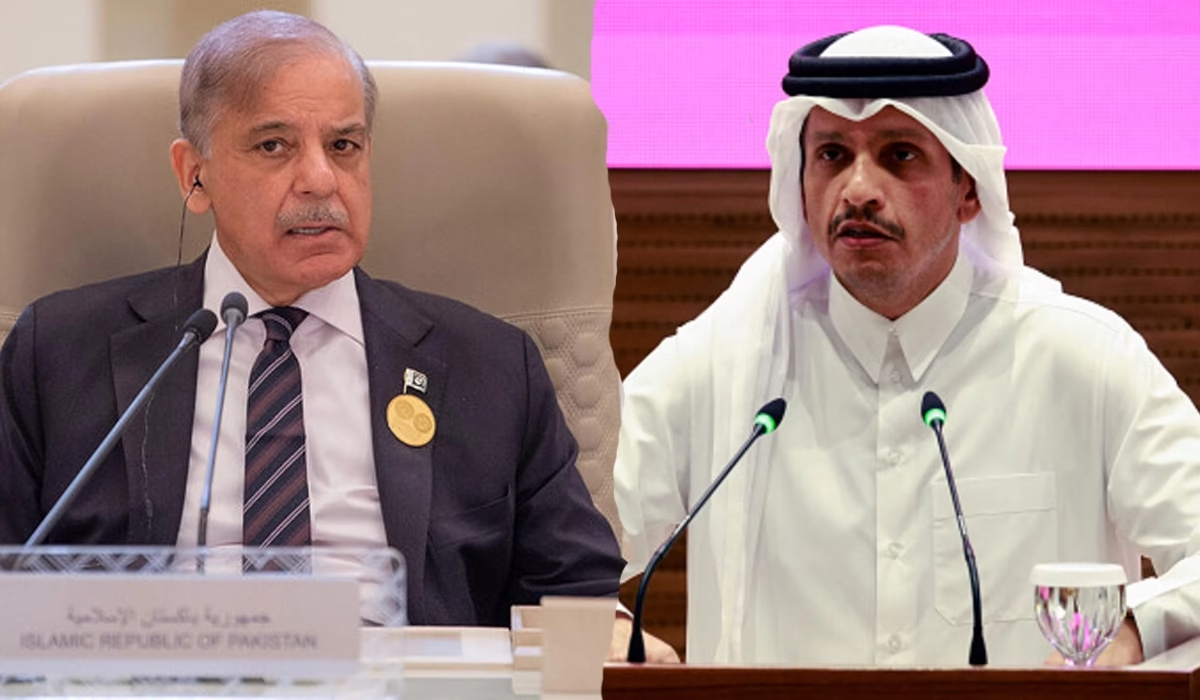Foreign Office Spokesperson Ambassador Shafqat Ali Khan on Friday called on the Afghan Taliban to take firm and verifiable steps against terrorist groups operating from Afghan soil.
Addressing his final weekly media briefing, Ambassador Shafqat highlighted key diplomatic milestones, including Pakistan’s re-election to the United Nations Human Rights Council (UNHRC), the implementation of a temporary ceasefire along the Pakistan-Afghanistan border, and Pakistan’s participation in the Gaza Peace Summit held in Sharm el-Sheikh.
Reaffirming Pakistan’s “unwavering commitment to regional peace, sovereignty, and constructive diplomacy,” the spokesperson said Pakistan had “effectively repulsed unprovoked assaults” by the Afghan Taliban earlier in the week. He explained that the temporary ceasefire, effective from October 15 for 48 hours, was intended to facilitate dialogue and de-escalation.
“Pakistan exercised its right to self-defense in a targeted and proportionate manner, minimizing civilian harm,” he noted, urging the Taliban regime to ensure concrete measures against cross-border terrorism.
Ambassador Shafqat rejected “baseless allegations” made by Afghanistan’s interim foreign minister during a visit to India, describing them as an attempt to divert attention from the continued presence of terrorist networks in Afghanistan. He also voiced Pakistan’s strong protest over the recent India-Afghanistan joint statement that described Jammu and Kashmir as part of India, calling it a violation of UN Security Council resolutions.
Highlighting Pakistan’s continued humanitarian role, the spokesperson said Islamabad hosts around four million Afghan nationals and will regulate their stay according to international norms and national laws. “Pakistan seeks a peaceful, stable, and prosperous Afghanistan,” he added.
Ambassador Shafqat further announced Pakistan’s election to the UNHRC for the 2026–2028 term with 178 votes — the sixth time Pakistan has secured a seat since 2006. He said this victory demonstrates global confidence in Pakistan’s commitment to human rights and consensus-building, reaffirming Islamabad’s resolve to raise the issue of human rights abuses in Indian Illegally Occupied Jammu and Kashmir and Palestine.
He also briefed the media on Prime Minister Muhammad Shehbaz Sharif’s participation in the Gaza Peace Summit co-hosted by Egyptian President Abdel Fattah el-Sisi and U.S. President Donald Trump, which brought together 30 world leaders to discuss the crisis. The Prime Minister, he said, held meetings with leaders from Palestine, the U.S., Azerbaijan, and Armenia, reflecting Pakistan’s active diplomatic engagement.
Deputy Prime Minister and Foreign Minister Senator Ishaq Dar also held bilateral meetings with counterparts from Egypt, Turkey, the U.S., and Saudi Arabia, underscoring Pakistan’s enhanced diplomatic outreach.
Concluding his final briefing, Ambassador Shafqat expressed gratitude for the opportunity to serve as Pakistan’s spokesperson, reiterating that Pakistan would continue to promote peace through diplomacy and cooperation.



